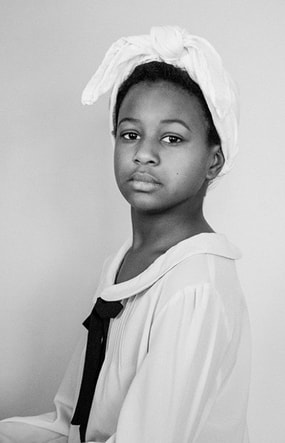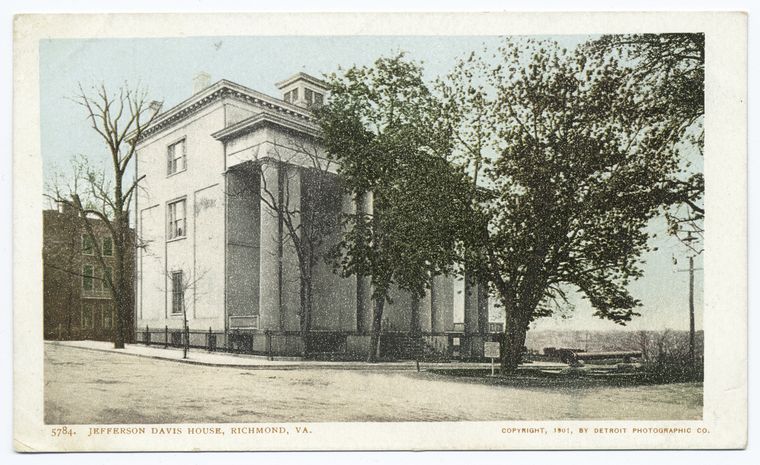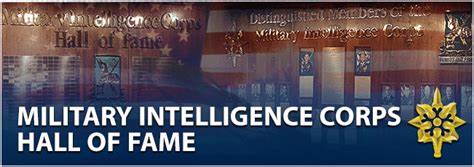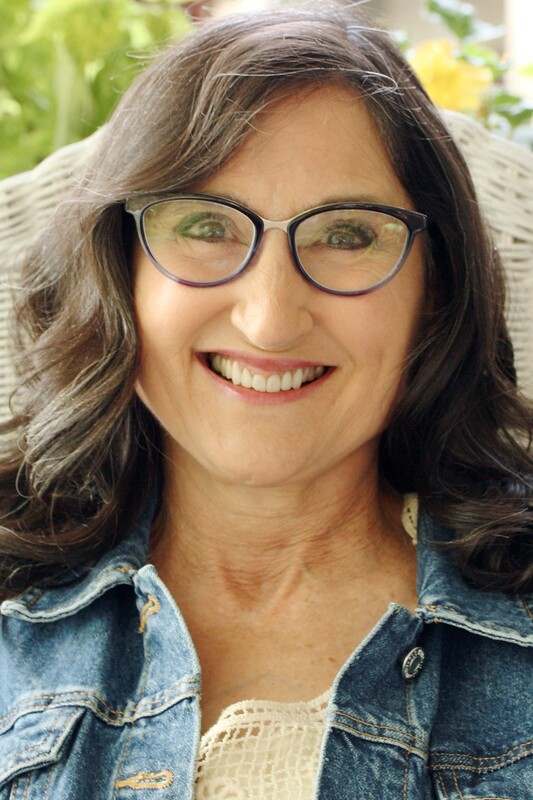|
It's been a crazy month. A divided nation, reeling from the pandemic, now hit with cruel storms from coast to coast. I support our new president, but politics is not going to solve our problems. We the people...have to step up. All of us little people, doing little everyday things, but with intention and courage like never before. Americans have done it before. Take, for example, Mary Richards Browser, an almost completely unknown black woman, who risked her life to become a spy in the Confederate White House, help free her people and preserve the union during the Civil War. There are few records to help us reconstruct the life of Mary Richards Browser, but there is evidence she worked as a spy in the very seat of the Confederate government, reporting secrets to the Union Army until fleeing for her life. No existing photos are known to picture Mary, though at least one floating around the internet is falsely reported to portray her. So up stepped a girl, who imagined how Mary Richards Browser might have looked, and posed for a portrait. "Our goal is to highlight their contributions to this world," says her mother, "to make their stories accessible to all women and girls that are in the process of creating their own history." We know something of Richards Browser from Church records of her baptism: “Mary Jane, a colored child belonging to Mrs. Van Lew” St. John’s Church in Richmond, May 17, 1846. John Van Lew and his wife, originally northerners, became prosperous in Richmond and moved in elite social circles. But their daughter Elizabeth was educated in a Quaker school and believed slavery was wrong. When her father died, she and her mother freed the family's slaves, and Elizabeth took Mary north to get an education. In 1855, at what appears to be Elizabeth's direction, Mary sailed to Liberia as a missionary. Five years later she returned to the Van Lew's mansion in Richmond. According to Saint John's records, she married Wilson Browser another of the black servants of Mrs. Van Lew the following year, April 16, 1861. The next day, Virginia seceded from the United States. An in August Jefferson Davis moved to a mansion which would serve as the Executive offices of the Confederacy until the end of the war. She's not claiming this is an exact image of Mary. It's an effort to discover and connect with a significant women of history, one of many black women who've never been written about in our history books. Only ninety miles ran between the White House in Washington D.C. and the White House in Richmond and soon Elizabeth Van Lew ran a sophisticated spy ring in on behalf of the Union Army. "The chief source of information to the enemy," Gen. Robert E. Lee, commander of the Confederate Army, said in May 1863, "is through our negroes." We don't know when Mary Richards Browsers took a domestic position for the president of the Confederacy, but President Davis complained of an intelligence leak throughout the war. His wife Varina Davis publicly denied that any black enslaved woman could have spied on them. 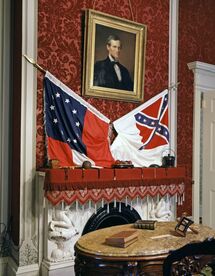 It's believed that Mary, an intelligent, educated free woman played the part of a simple-minded, though competent domestic slave. She listened in on dinner conversation at the president's table and possibly even his meetings. Davis assumed she was illiterate, so when cleaning his office, she had free access to his papers. Whatever intelligence Mary gathered, she passed to Elizabeth Van Lew, though other spies in the network. Elizbeth was spurned by other Richmond families for being an abolitionist, but they never knew the extent of her work. She kept a hidden diary where she on May 14, 1864, she wrote, "When I open my eyes in the morning, I say to the servant, 'What news, Mary?' and my caterer never fails! Most generally our reliable news is gathered from negroes, and they certainly show wisdom, discretion and prudence which is wonderful." Mary fled the Confederate White House, near the end of the war and all records of the Van Lew spy ring were destroyed to protect Mary and the others. Mary traveled in the north for a time speaking to gatherings of people about her work as a spy. But she did so under several different aliases, continuing to fear for her life. Mary also worked tirelessly to educate blacks. In 1867, she started a freedmen's school in Saint Mary's, Georgia. Correspondence has been discovered and preserved between Mary and the Georgia Superintendent of Freedman Schools. On April 7, 1867, she wrote: “I wish there was some law here, or some protection. I know these southerners pretty well and their present appearance is not at all favorable. I have been in the service so long as a detective that I still find myself scrutinizing them closely. There is little of the open braggadocio that generally characterizes them, but there is that sinister expression about the eye, and the quiet but bitterly expressed feeling that I know portends evil. With a little whiskey in them, they dare do anything. Their apparent good feelings and acquiescence are only a vail to hide their true feelings.” Soon after, the trail goes cold when searching for details about Mary Richards Browser's life. However in 1995, she was inducted into the Military Intelligence Hall of Fame in Fort Huachuca, Arizona by the U.S. government. The acknowledgement of her work reads in part: “Ms. Bowser certainly succeeded in a highly dangerous mission to the great benefit of the Union effort. She was one of the highest placed and most productive espionage agents of the Civil War.” Most likely, Mary did not set out to have her name engraved on a plaque for others to see a century after her death, nor to be inducted in any hall of fame. What Mary did, was to fully engage in the circumstances in which she found herself and follow her inner compass for good. In the place and time Mary happened to find herself, she made her small everyday interactions with intention and courage, adding them to a larger movement toward justice. With thanks to these sources:
http://shemadehistory.com/her-story-mary-bowser/ https://www.encyclopediavirginia.org/Bowser_Mary_Richards_fl_1846-1867#contrib www.history.com/news/female-spies-civil-war-mary-bowser-elizabeth-van-lew https://murphybrowneblog.wordpress.com/2018/03/29/mary-elizabeth-bowser-union-spy/ Comments are closed.
|
I'm fascinated to discover little-known history, stories of people and events that provide a new perspective on why and how things happened, new voices that haven't been heard, insight into how the past brought us here today, and how it might guide us to a better future.
I also post here about my books and feature other authors and their books on compelling and important historical topics. Occasionally, I share what makes me happy, pictures of my garden, recipes I've made, events I've attended, people I've met. I'm always happy to hear from readers in the blog comments, by email or social media. Archives
September 2023
Categories
All
|
